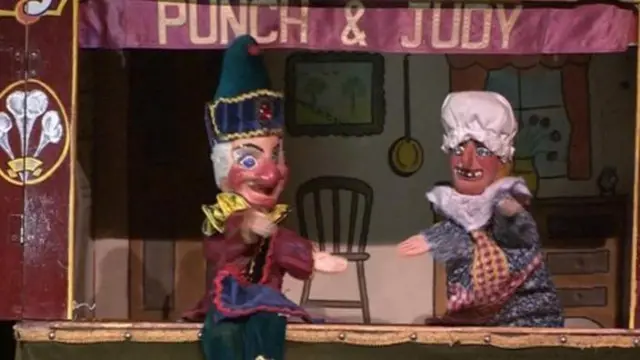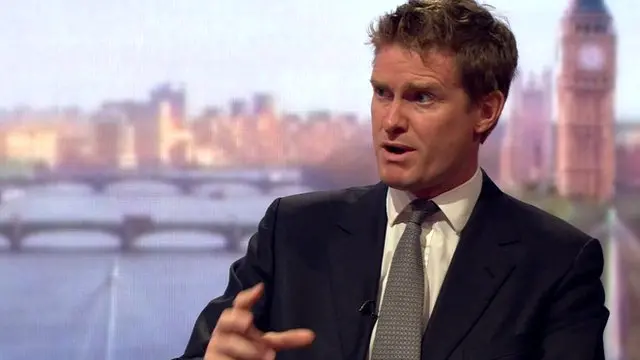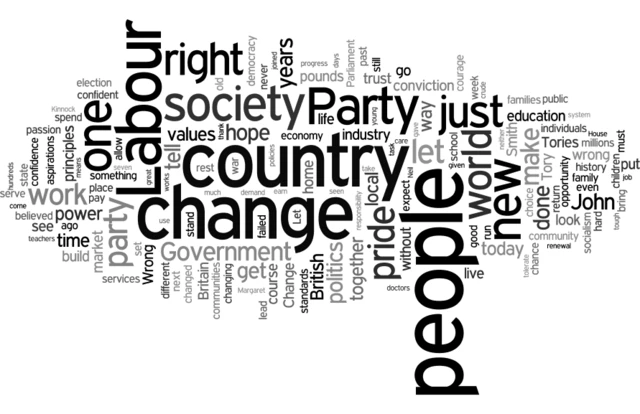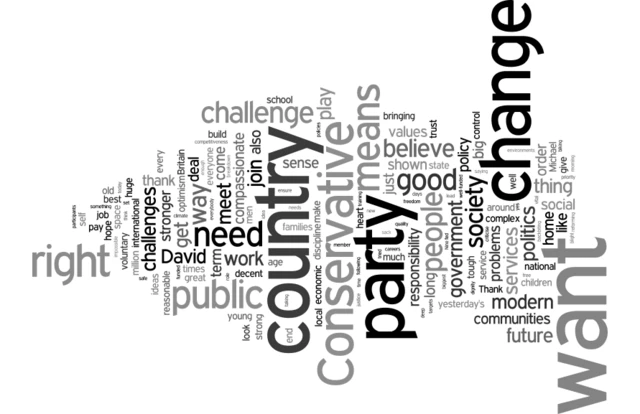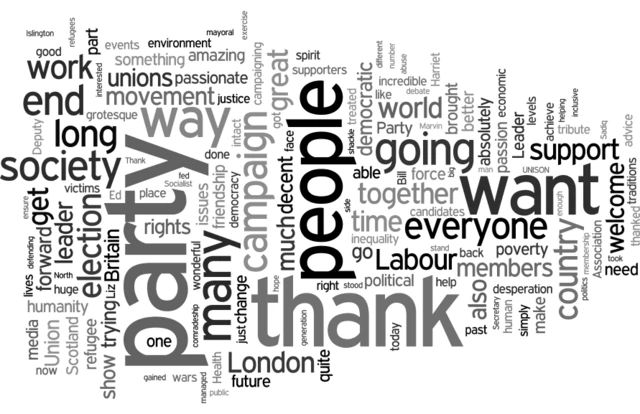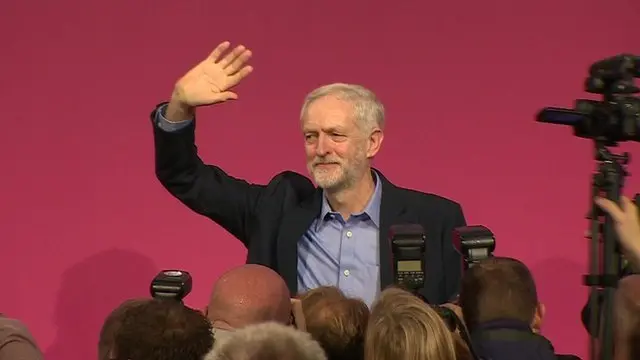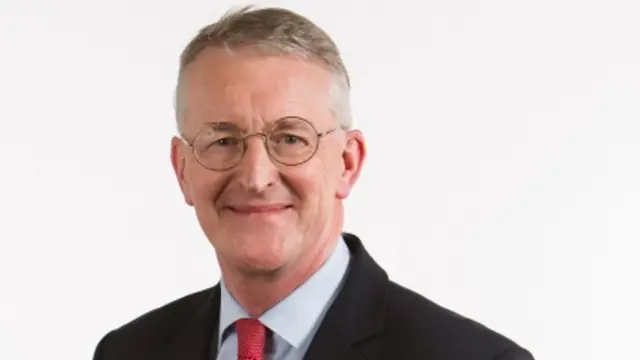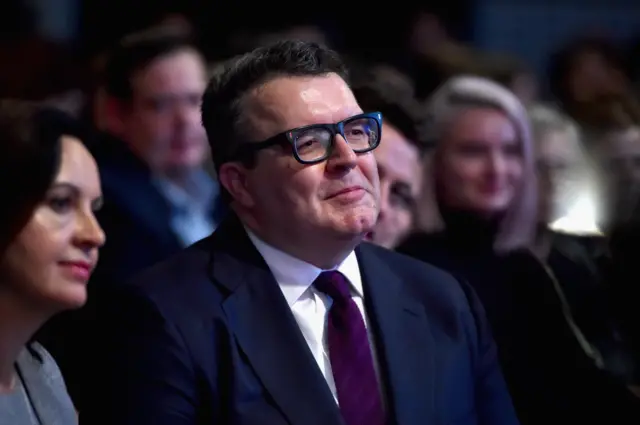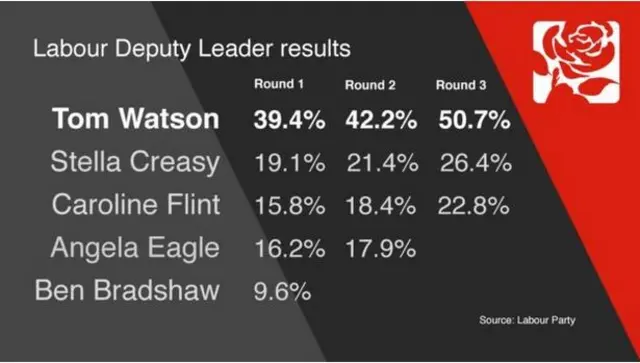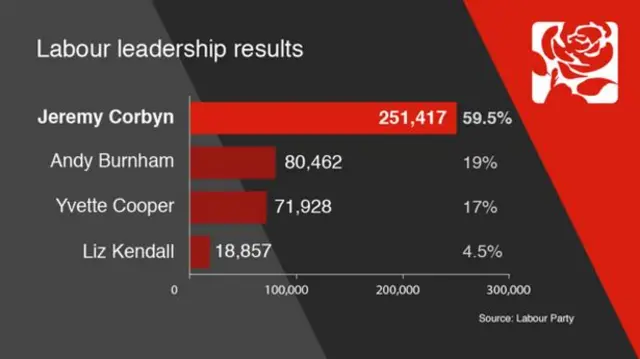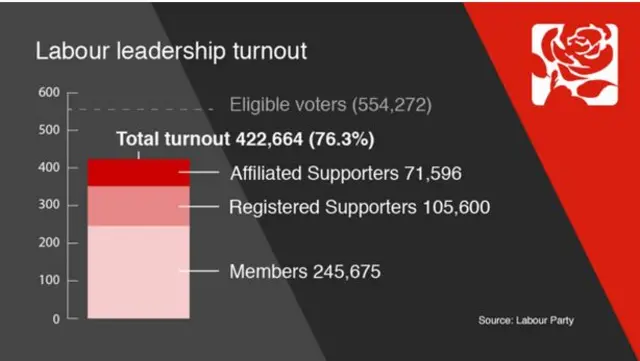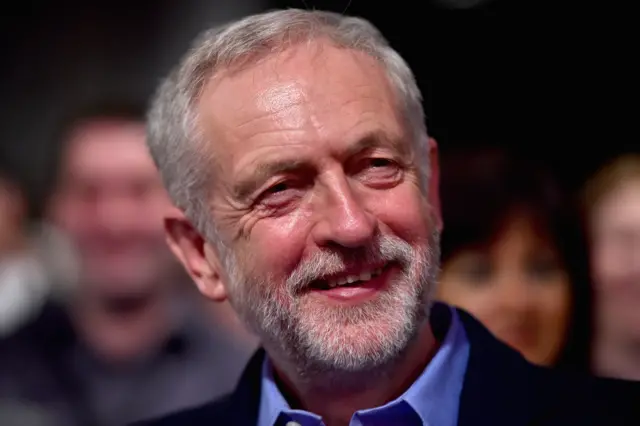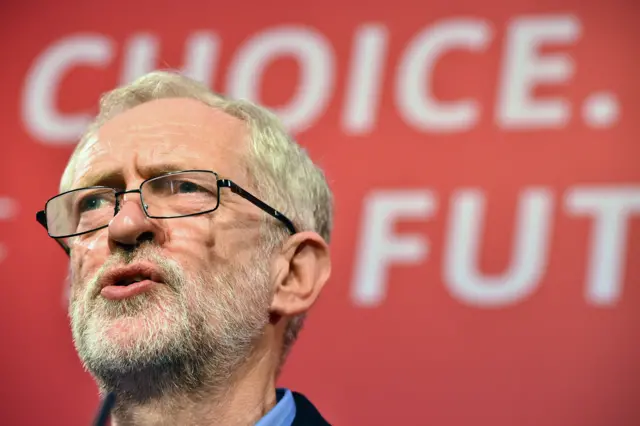How to follow Newsnightpublished at 12:37 BST 25 September 2015
We post occasional updates and analysis from the Newsnight team here.
Other ways you can follow us:
- Add "Newsnight" as a topic on the BBC News app to follow us online
- If you're in the UK, you can watch again at www.bbc.co.uk/newsnight
- Subscribe to our YouTube channel, external for highlights and bonus videos
- Follow us on Twitter @BBCNewsnight, external for the latest updates on #newsnight
- And on Facebook, external for our best material, an early heads up on what's coming up, and to join in our debates


